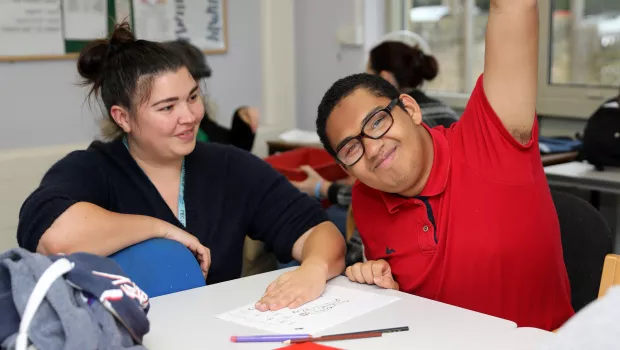Epilepsy awareness training for school staff
All staff working with a young person with epilepsy should be trained to ensure they understand the young person’s condition and its impact on their life. A structured epilepsy awareness programme empowers staff to recognise seizures quickly and respond with confidence.
Effective epilepsy awareness for schools training should include:
- Seizure types and how to identify them
- Seizure management including seizure-specific first aid as part of epilepsy awareness
- What to record when witnessing a seizure
- The impact of epilepsy on learning and behaviour
- What information should be included in an Individual Healthcare plan (IHP)
- The importance of risk assessing activities and examples of adjustments that can be made to ensure a young person is safe and included at school
Whole school epilepsy awareness training can be delivered as part of the school’s safeguarding training programme, at an INSET day, in a specific staff development sessions or undertaken as online training.
Young Epilepsy has free e-learning courses for education professionals



